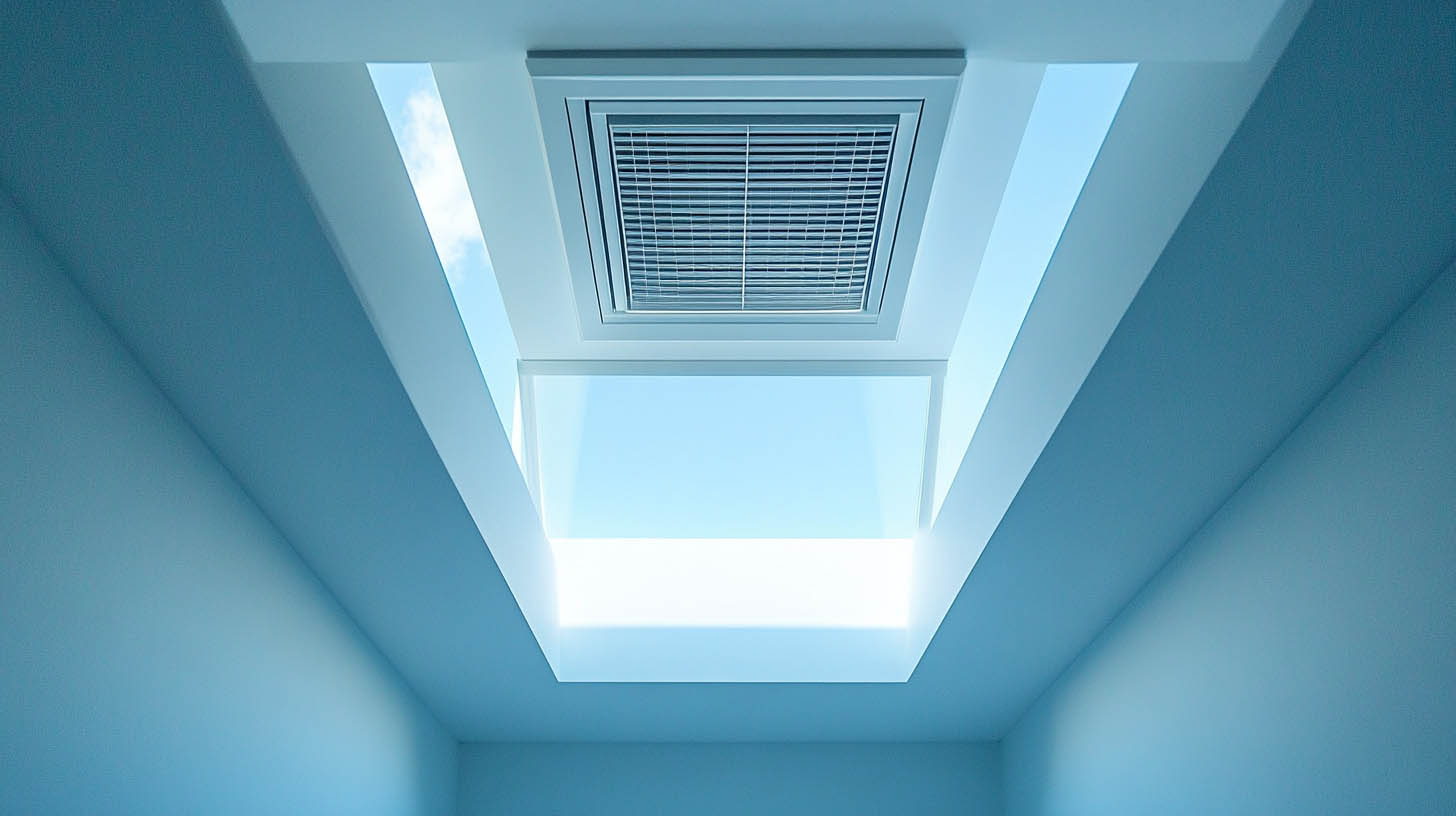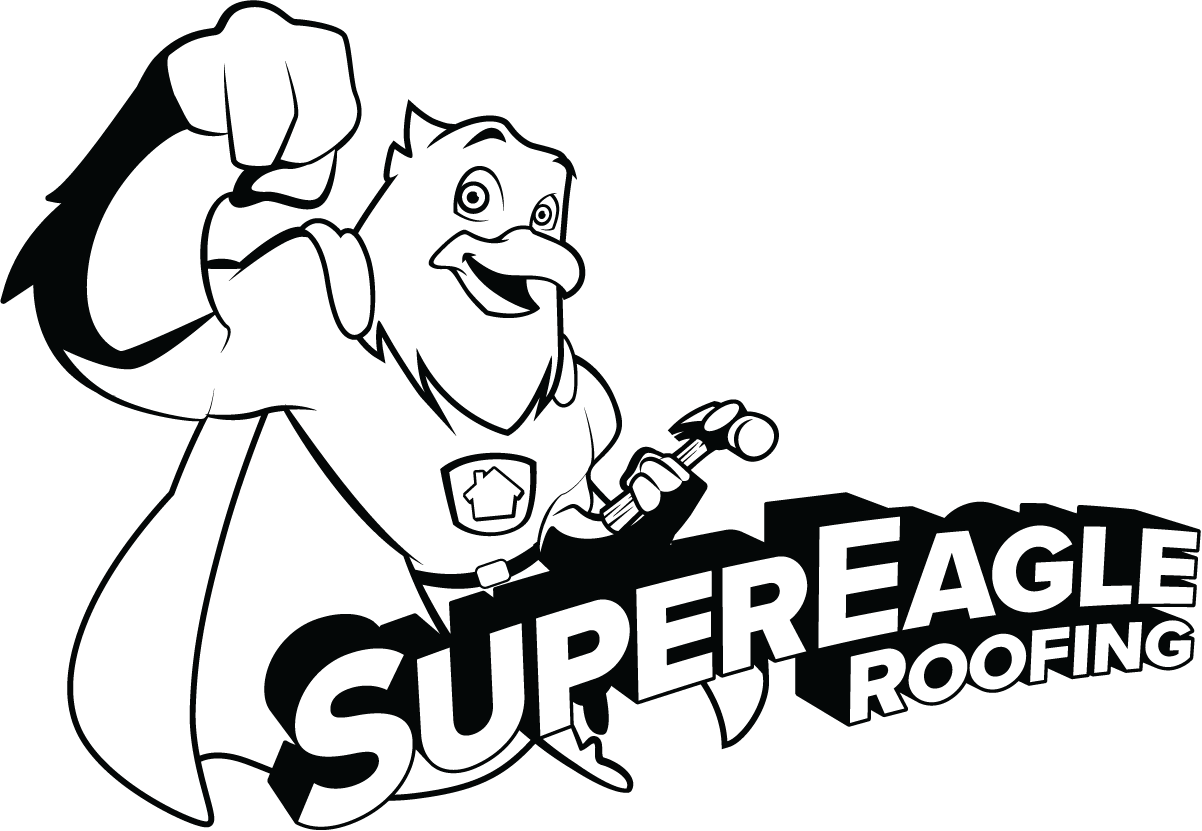Energy conservation is at the forefront of many homeowners’ minds, especially when considering the efficiency of heating and cooling systems. A prevalent belief is that by closing vents in seldom-used rooms, one can save on energy consumption. However, this practice, while seemingly logical, can lead to unintended consequences, especially for homes with traditional central air systems.
Understanding Your HVAC System
The HVAC system in your home operates in a specific manner. Air is drawn from the house through return ducts, conditioned (either heated or cooled), and then circulated back into the home via supply ducts. These systems rely on sensors to maintain consistent airflow, detecting any pressure discrepancies.
When vents are closed, or if air filters become clogged, the system’s pressure increases. This added pressure forces the motor to exert more effort, leading to decreased efficiency and potential air leakage from the ducts. Traditional systems don’t adjust their operations based on closed vents. However, newer zoned duct systems with variable-speed computerized blowers can make such adjustments.
The primary function of air conditioners, heat pumps, and furnaces is to condition the air flowing past them. The ambient air interacts with a coil or heat exchanger, either gaining or losing heat. Most of these systems have a fixed capacity, meaning the heat exchange capability remains constant.
The Risks of Closing Vents
Closing vents can disrupt the balance of your HVAC system. Reduced airflow means that less heat is exchanged between the air and the coil or heat exchanger, affecting the system’s performance, whether in heating or cooling mode.
During summer, a consistent flow of warm air should pass over the cooling coil. As the heat is exchanged, the coil warms while the air cools. If airflow is reduced, the coil remains colder than intended. In humid environments, this can lead to condensation on the coil, which may freeze. Ice accumulation hinders airflow and places undue stress on the compressor, potentially reducing its lifespan.
In contrast, during winter, insufficient airflow over a heat pump coil can cause it to overheat, compromising performance and risking malfunction. Furnaces can also be affected, with reduced airflow causing the heat exchanger to overheat, potentially leading to cracks. This is dangerous as harmful gases like carbon monoxide could mix with the heated air. Moreover, closing vents in unused rooms during colder months can result in condensation, posing a risk of mold growth.
Effective and Safe Energy Conservation
While it might be acceptable to adjust a vent in a room that feels too warm or cold, relying on this method to save on heating and cooling costs is misguided. There are more effective ways to enhance your home’s energy efficiency. Consider options like improving attic insulation, adding window wraps, or installing high-efficiency roofing solutions.
At Super Eagle Roofing, we understand the importance of energy efficiency. Whether you’re considering a roof replacement in Ames IA or seeking advice from a trusted roofing contractor in Ames IA, our team is here to guide you. With our expertise, you can ensure that your home remains comfortable while optimizing energy consumption.
For more insights and solutions tailored to your needs, reach out to Super Eagle Roofing, your premier roofing company in Ames IA. We’re committed to helping you achieve the best energy efficiency for your home.
If you want to find out if replacing your roof before selling is worth it, click here.



